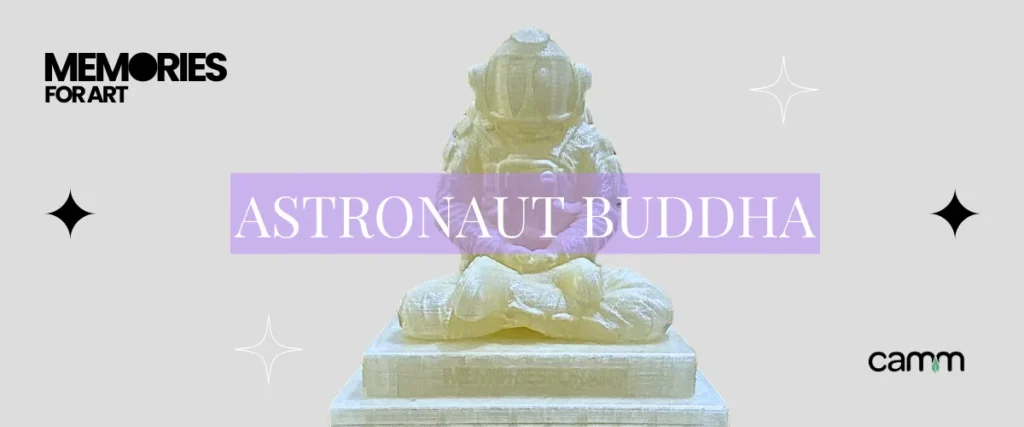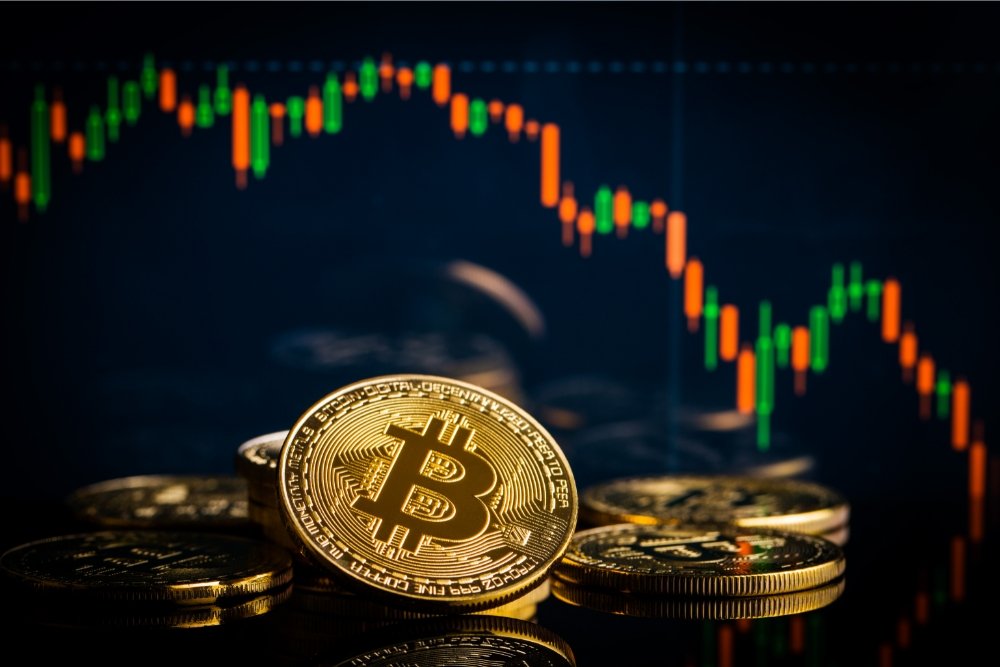In today’s rapidly evolving digital landscape, decentralization has emerged as a powerful concept that promises to reshape industries and revolutionize our work. We find Decentralized Autonomous Organizations (DAOs), a groundbreaking innovation combining blockchain technology with self-governance, autonomy, and collaboration principles, at the forefront of this paradigm shift.
What is a Decentralized Autonomous Organization (DAO)?
A Decentralized Autonomous Organization, commonly called a DAO, is an organizational model that operates entirely on a blockchain network, removing the need for traditional hierarchical structures and intermediaries while enhancing transparency and efficiency. Unlike centralized organizations, DAOs are governed by smart contracts, self-executing agreements recorded on a blockchain. These smart contracts allow members of the organization to collectively make decisions and manage resources, creating a truly decentralized and democratic ecosystem.
How Does a DAO Work?
The key feature of a DAO is that it operates autonomously and is governed by a set of predefined rules. Decisions in a DAO are made collaboratively by its members, who own tokens representing their ownership. These decisions are typically made through voting, with each member having a certain number of votes based on their stake. The voting process is transparent and can be viewed by anyone on the blockchain.
Once a decision is made, the DAO automatically executes the necessary actions. For example, if the decision is to allocate funds to a specific project, the DAO automatically transfers the funds from its treasury to the designated project address. It eliminates the need for intermediaries or third parties and ensures that the decisions of the DAO are carried out efficiently and transparently.
How Does DAO Make Money?
While DAOs are not focused solely on making money, they can generate revenue in a few different ways.
DAOs can make money through the products or services they offer. DAOs can create and sell digital assets, such as tokens or NFTs, which individuals can buy and trade. Additionally, DAOs can provide services, such as decentralized finance (DeFi) lending or staking, and earn fees or interest from those transactions.
Another way DAOs can generate revenue is through participation in the ecosystem they operate. For example, if a DAO is involved in the governance of a blockchain platform, it may earn rewards or fees for participating in the decision-making process or validating transactions.
Additionally, DAOs can receive funding through members’ contributions or external investments. Members of a DAO can contribute funds or resources to support the organization’s activities, and external investors may choose to invest in a DAO if they believe in its mission and potential for growth.
What Are the Types of Decentralized Autonomous Organizations?
There are several types of DAOs. Every kind of DAO has advantages and applications, and its potential for disrupting traditional systems and industries is still being explored. As technology evolves, we expect to see new types of DAOs emerge, further expanding the possibilities of decentralized governance and decision-making.
Decentralized Autonomous Corporations (DACs)
DACs are designed to operate as self-governing entities that mimic traditional corporations. They have a clear organizational structure, decision-making processes, and a system for distributing profits or dividends to token holders.
Decentralized Autonomous Communities (DACs)
DACs focus on creating and managing online communities that their members govern. These communities can be centred around shared interests, hobbies, or goals, and members can participate in decision-making processes and contribute to the community’s growth and development.
Decentralized Autonomous Funds (DAFs)
DAFs are DAOs that manage and distribute funds based on predefined rules and intelligent contracts. They can be used for various purposes, such as investment, charitable, or crowdfunding platforms. DAFs provide transparency and accountability in fund management and eliminate the need for intermediaries.
Decentralized Autonomous Exchanges (DEXs)
DEXs are decentralized cryptocurrency exchanges that operate without a central authority or intermediary. They enable users to trade cryptocurrencies directly with each other using smart contracts, ensuring transparency, security, and control over their assets.
Decentralized Autonomous Marketplaces (DAMs)
DAMs are platforms that enable peer-to-peer transactions without the need for intermediaries. They provide a decentralized marketplace where buyers and sellers can interact directly, eliminating fees and restrictions traditional marketplaces impose.
The Benefits of Decentralized Autonomous Organizations
Enhanced Transparency
With DAOs, every transaction, decision, and resource allocation is recorded on a blockchain, ensuring complete transparency and accountability. This level of transparency builds trust among members and eliminates the need for auditors or regulators.
Increased Efficiency
DAOs streamline decision-making processes by enabling instant consensus among members. Using smart contracts, DAOs can automate routine tasks and eliminate bureaucratic bottlenecks, allowing faster and more efficient operations.
True Autonomy
Unlike centralized organizations, DAOs empower individual members to have an equal say in decision-making. This democratic structure ensures fair representation and gives everyone a voice.
Resilience
DAOs are inherently resistant to censorship and external control. The decentralized nature of a DAO makes it difficult for any single entity or authority to manipulate the system, ensuring its resilience in the face of external threats.
Global Collaboration
DAOs have the potential to bring together individuals from all corners of the globe, allowing for collaboration and innovation at an unprecedented scale. The absence of geographical barriers enables DAOs to tap into diverse talent and perspectives.
What Are the Challenges In DAO?
One of the main challenges in DAOs is decision-making. In a traditional organization, decisions are often made by a centralized authority. However, in a DAO, decisions are made collectively by token holders. It can be a complex process, requiring consensus among participants with different interests and priorities. Additionally, decision-making in DAOs often relies on voting mechanisms, which can be susceptible to manipulation or domination by a small group of participants.
Another challenge is scalability. DAOs operate on blockchain networks, which are still in the early stages of development. As a result, they often need more support in terms of transaction speed and capacity. These limitations can hinder the growth and adoption of DAOs, particularly in cases where large-scale participation is required.
Security is also a significant concern in DAOs. While blockchain technology offers robust security features, it is not immune to vulnerabilities. DAOs can be susceptible to hacking, fraud, or malicious attacks. Furthermore, smart contracts, which are used to automate transactions in DAOs, need to be carefully designed and audited to mitigate the risk of bugs or loopholes that could be exploited.
Despite these challenges, DAOs hold great potential for innovation and disruption in various industries. As technology advances and the ecosystem matures, solutions will likely emerge to address these challenges and enable the widespread adoption of DAOs.
The Future of Decentralized Autonomous Organizations
As the world continues its digital transformation, the potential of Decentralized Autonomous Organizations is only beginning to be realized. DAOs have the power to disrupt industries ranging from accounting and governance to supply chain management and beyond. By merging the benefits of blockchain technology with decentralized decision-making, DAOs pave the way for a more inclusive, transparent, and collaborative future.
Conclusion
As the world realizes the potential of blockchain technology and decentralization, DAOs are poised to unlock a new era of efficiency, autonomy, and innovation. Their disruptive potential is undeniable, and it is only a matter of time before they become a mainstream organizational model.
Overall, decentralized autonomous organizations offer numerous benefits for those looking to increase collaboration among their teams while reducing costs simultaneously. However, care should always be taken when considering implementation given the potential risks involved, too!






